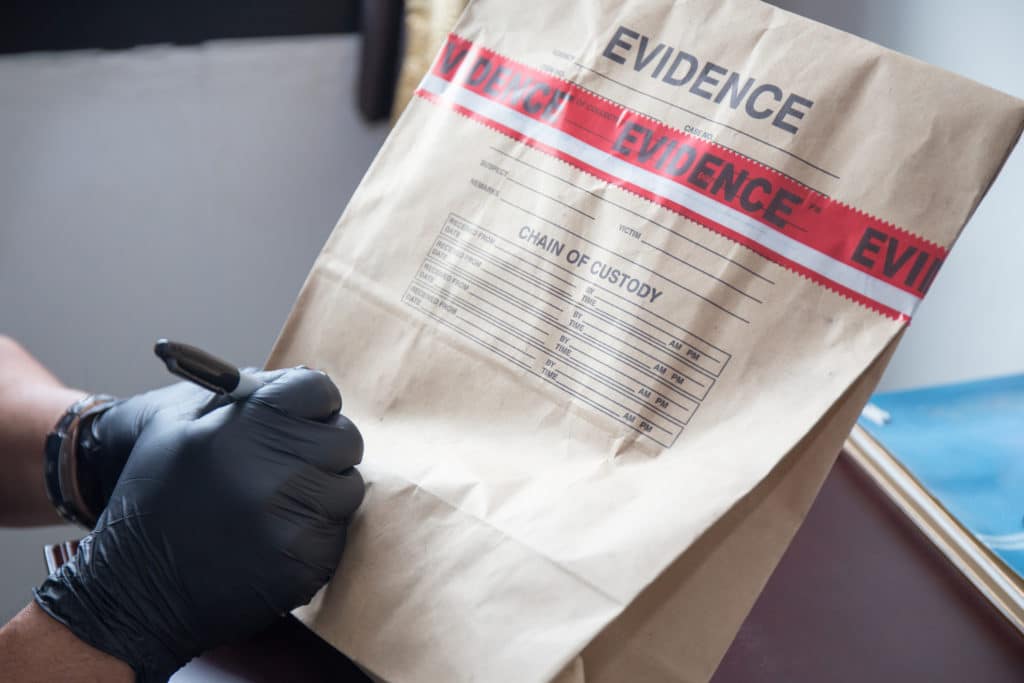In criminal law, exculpatory evidence is some fact, testimony or document that, if used at a criminal trial, might help prove that the accused was not guilty of the charges. Exculpatory evidence includes anything that might directly show the innocence of the accused or that might show an excuse, justification, or defense to the charges. Further, exculpatory evidence can apply to issues related to punishment and sentencing. Often, sentencing will depend on various facts going to mitigation or aggravation. So, exculpatory evidence might be relevant to an argument related to mitigation or aggravation. Exculpatory evidence need not go to every element of the charged crime but can go to one element only. As used in criminal law, exculpatory evidence relates to evidence held and possessed by the GOVERNMENT, like the police or the government prosecutors.
As an example, assume that a person is accused of rape on a certain date at a given location. Consent to sexual activity is an absolute legal defense to a charge of rape. Let’s assume that the government has certain evidence, like an eye-witness statement, that shows that the accused was at some other location — in a different city, for example — when the rape allegedly occurred. Such would be an example of exculpatory evidence that would demonstrate that the accused was not guilty. Alternatively, let’s assume that the government obtained a witness statement from the victim wherein the victim stated repeatedly that the sexual activity was consensual. Again, such would be an example of exculpatory evidence that would demonstrate that the accused had a legally valid defense to the charge.
The Brady Rule
Under what is called the Brady Rule, government prosecutors MUST turn over any exculpatory evidence to the criminal defense team. The rule is named after the U.S. Supreme Court case called Brady v. Maryland, 373 U.S. 83 (1963). In that case, the court affirmed that, if government prosecution fails to tender to the criminal defense team evidence that is “favorable to an accused” — that might be exculpatory — then such failure violates due process rights of the accused. The court also held that the government’s good faith or bad faith was not relevant to whether due process rights were violated.
If the government fails to turn over exculpatory evidence, then a convicted person has good grounds for a post-conviction appeal. That being said, there are some rules that must be followed for failure to tender exculpatory evidence to be grounds for appeal. First, the criminal defense team must request any and all exculpatory evidence. Second, the government must actually fail to turn over the evidence. Finally, the exculpatory evidence must be important. In legal terms, the evidence must be “material,” which means that, very likely, the evidence would have changed the outcome of the case.
Speak With a Criminal Defense and Post-Conviction Appeal Team Today
For more information, contact the criminal defense and post-conviction appeal team at the Federal Criminal Law Center. Our firm knows how to fully assess an individual’s case and how to identify the strongest grounds for appeal. Contact us today by calling (404) 633.3797 or by completing our quick and convenient online form. Remember, there are short-time deadlines for filing an appeal. Contact us today.


